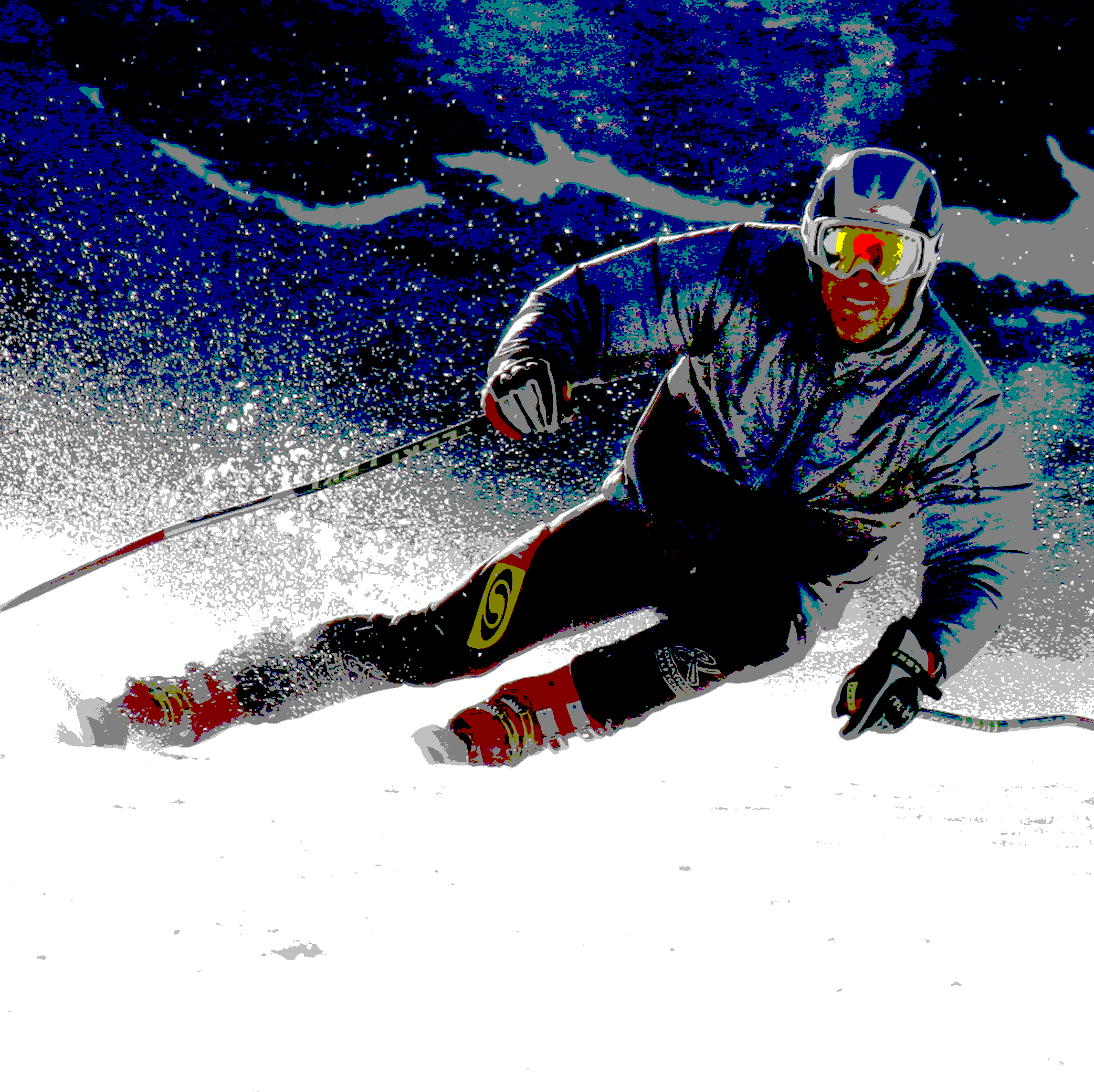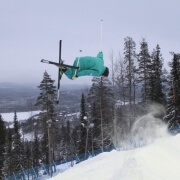NLP Techniques in Sport
By Roddy Willis Master Practitioner of NLP and Hypnosis
NLP creates a version of the world in which we, as individuals, are viewed as a collection of memories, memories with which we measure our behaviour in the here and now. As such, our reaction to present events and environments is dictated by the sum of all our past experience; we know that an oven is hot and also the very sensation of heat because we have a previous experience with which to gauge it.
However, our learnt action toward a hot oven has gone through three processes to become part of our current memory: distortion, deletion and generalisation.
Our memory of learning that the oven is hot can easily be distorted. Imagine yourself as a three year old you. You want to touch the oven, an experience by which you would discover the sensation of heat. You reach out a hand but are stopped by your mother shouting. Your infant memory of this event is very different from hers: you feel hurt and unloved even though she acted from a wish to protect you. And it is this distorted event that you remember.
A deleted memory is often caused by a more traumatic experience. For example, you are severely burnt when you touch the hot oven and your mother scalds you as she rushes you to hospital. At this point your sub-consciousness quickly deletes the memory to prevent you from being overwhelmed by the ordeal. The memory hasn’t gone but has been written over with a blank.
A generalisation of this memory will have a focus – a view of your hand as it is about to touch the oven perhaps. This image will be associated with the enormous stream of information that your senses take on but that cannot be processed all at once and so are stored in your sub-conscious.
With these three processes running simultaneously we are storing distorted, deleted and generalised memories and using these to measure the current event.
So how does this apply to Sport?
Case study no.1:
An aspiring female rock climber who wants to make it to national level competition but is unable to perform to her true ability at competition.
When questioning the athlete about her performance a memory pops up from when she was eight. Her memory is of her first love of sport – gymnastics. She had been training at her gymnastics club 15 hours a week and loved it. The trainers wanted her to increase her training to 21 hours a week as they felt she had the talent to be very good. However, her mother thought this was too many hours for a girl of her age. The athlete’s strongest memory was sitting on the sofa as her mother rang the club to say she would not be coming to gymnastics any longer; she felt her world crumble around her.
This memory affects the present performance of the athlete by the arousal of two memories: her love of sport and her fear that it may be taken from her should she become too good at it. As a result, her sub-consciousness limits her achievement at rock climbing in an attempt to prevent it from being ‘taken away’ as gymnastics was.
In this case you can see that a distorted, deleted and generalised memory has caused a sub-conscious performance block as a form of self-protection.
The trick is to get the athletes memories to integrate to have the same goal. With the use of NLP techniques it is possible to re-organise memories to have this effect. In doing this we can create a positive change of our view of the present event thus enhancing sporting performance.
For more information Roddy can be contacted at: Roddy



